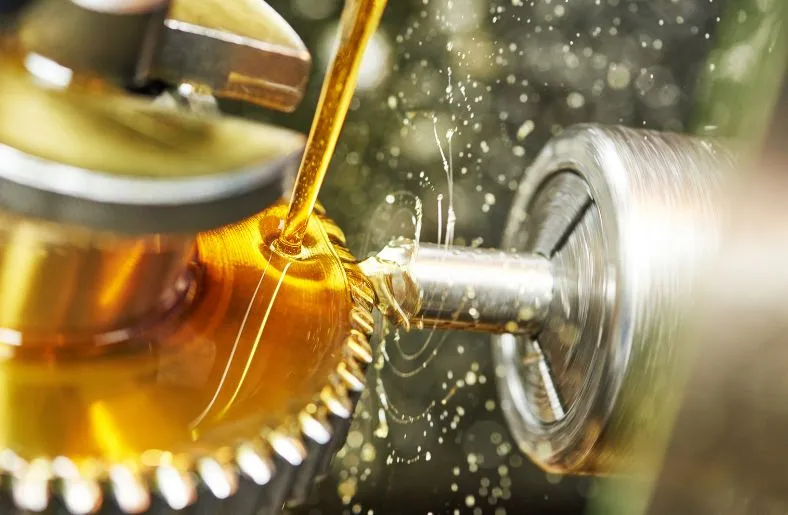When it comes to lubrication, two terms that often come up are oil and grease. These substances play a crucial role in reducing friction and ensuring the smooth operation of various mechanical systems. However, many people are unaware of the differences between oil and grease.
I will unravel the oil and grease differences in this article, shedding light on their properties and characteristics.
Table of Contents
What is Oil?
Oil is a viscous liquid that is primarily derived from petroleum. It is composed of hydrocarbons, which are molecules consisting of hydrogen and carbon atoms. The hydrocarbon chains in oil can vary in length, resulting in oils with different viscosities. Viscosity refers to the resistance of a fluid to flow, and it determines the thickness of the oil.
One of the key properties of oil is its lubricating ability. Oil forms a thin film between moving parts, reducing friction and preventing wear and tear. This lubricating film also helps dissipate heat generated by the mechanical system, preventing overheating. Additionally, oil has excellent sealing properties, which means it can seal gaps and prevent the entry of contaminants.
The characteristics of oil vary depending on the type and grade. Some oils are specifically formulated for high-temperature applications, while others are designed to withstand extreme cold. Furthermore, there are different types of oil, such as mineral oil, synthetic oil, and vegetable oil, each with its own set of properties and recommended applications.
What is Grease?
Grease, on the other hand, is a semi-solid lubricant. It is made by thickening oil with a thickening agent, typically a soap or a metallic soap. The thickening agent gives grease its characteristic semi-solid consistency, allowing it to stay in place and adhere to surfaces even under high pressures and temperatures.
One of the primary advantages of grease is its ability to provide long-lasting lubrication. Due to its semi-solid nature, grease remains in contact with the moving parts for an extended period, ensuring continuous lubrication. This makes grease an ideal choice for applications where frequent reapplication of lubricant is not feasible.
Grease also offers excellent sealing properties, similar to oil. It can effectively seal out contaminants and protect the mechanical system from moisture and corrosion. Moreover, grease provides additional protection against extreme pressures, making it suitable for heavy-duty applications.
Oil and Grease Difference
The oil and grease difference is greater while both serve the purpose of lubrication. The most obvious distinction is their physical state. Oil is a liquid, while grease is a semi-solid. This difference in consistency affects their application and performance.
Oil is well-suited for applications where a readily flowing lubricant is required. It is commonly used in engines, gearboxes, hydraulic systems, and other machinery that operate at high speeds. Oil’s low viscosity allows it to flow easily and reach all parts of the system, providing efficient lubrication.
On the other hand, grease is ideal for applications where a more substantial lubricant is needed. It is commonly used in bearings, joints, and other parts that experience heavy loads and slow speeds. Grease’s semi-solid consistency enables it to stay in place and provide long-lasting lubrication, even under extreme conditions.
Another significant oil and grease difference is their reapplication frequency. Oil requires regular replenishment due to its low viscosity and tendency to evaporate or leak out of the system. Grease, on the other hand, has a longer service life and does not require frequent reapplication. This makes grease a more convenient choice for equipment that operates in remote or inaccessible locations.
Related Guide: Types of Lubrication Systems in IC Engines: A Comprehensive Guide? (2024)
Conclusion
Understanding the oil and grease difference is essential for selecting the right lubricant for specific applications. Oil and grease have distinct properties and characteristics that make them suitable for different mechanical systems. Whether it’s a high-speed engine or a heavy-duty bearing, choosing the appropriate lubricant can significantly impact the performance and longevity of the equipment.
So, consider the distinctions between oil and grease next time you encounter a lubrication challenge. Make an informed decision based on the requirements of your mechanical system, and ensure smooth operation and reduced wear and tear. Remember, the right lubricant can make all the difference!

